They are watching the mayoral election closely because they feel New York City is becoming a harder environment for small businesses like theirs.
Recommended Stories
list of 4 itemsend of list
“New York City is a city that sells the American dream. But right now, it does not feel that way. I don’t feel like New York City is welcoming business owners, [or] protecting businesses to grow, and to employ more people. I don’t think that’s the environment right now,” Jaramillo told Al Jazeera.
Early voting has already begun in New York City, and small business owners are paying close attention to Zohran Mamdani, the city’s likely next mayor, and how his policies might address the growing challenges facing them.
Mamdani’s relationship with the city’s business community is complex. His proposals for small businesses aim to ease financial strain by cutting fines and fees, but many still face steep rents, limited relief, and climate-related risks that routinely disrupt operations.
Much of the interest in Mamdani’s candidacy stems from his focus on affordability. His campaign prioritises a rent freeze for rent-stabilised apartments and expanding housing development to ease the city’s shortage, for instance.
But on the commercial side, businesses continue to face steep challenges, as there are few protections preventing them from being priced out, and neither his nor his opponent Andrew Cuomo’s campaigns have offered any concrete ways to deal with that.
“One of our locations, we had to close because we literally got jacked. The rent went from like $8,700 to $15,500 … Unfortunately, there’s nothing that stops a landlord from doing so. There’s no protection whatsoever,” Jaramillo said.
“My concern is usually that a business has put a lot of money into that space and invested, especially a restaurant, only to find out that they’re priced out all of a sudden. That’s definitely negative. The issue is there really aren’t any controls on that in our city,” said Mark Caserta, the vice president of Small Business Support at the Brooklyn Chamber of Commerce.

Mamdani told Al Jazeera that he is exploring ways he can tackle surging rent prices for commercial real estate.
“We are going to ensure that in our administration, we explore every single measure we can to understand that stability has to be delivered to all kinds of tenants, not just residential ones. There are examples across the country of different approaches that have been taken that could ensure more stable rents for commercial tenants,” Mamdani told Al Jazeera at an event on Saturday.
One such case is in Pennsylvania, which has a state-level programme called the Office of Transformation and Opportunity, the campaign said.
But that programme focuses on fast-tracking permitting, not the price of commercial real estate.
Mamdani’s focus has been on cutting fines and fees for small businesses and appointing a mom-and-pop tsar who would help the city’s small businesses navigate problems that may arise.
Cuomo’s plan, by contrast, doubles down on public-private partnerships, a strategy that has contributed to surging rents over the last two decades. Cuomo’s campaign did not respond to Al Jazeera’s query about its plan to address the cost of commercial real estate.
Under former Mayor Michael Bloomberg, who served three terms between 2002 and 2013, the city invested heavily in public-private partnerships to develop key corridors. Large developers bought up properties, including buildings that housed small businesses, giving corporate landlords more leverage to raise rents and displace businesses with tight margins.
“Public/private partnerships in NYC often overlook small business operators. Incentives and zoning benefits tend to favour large-scale developments, while independent retailers face rising rents, limited access to capital, and increasing regulatory burdens. The result is that mom and pop tenants who give our neighbourhoods their identity are getting priced out,” Bernadette Brennan, executive director of the real estate agency SERHANT, told Al Jazeera.
Even when spaces cannot be immediately filled, developers often leave them vacant, holding out for high-paying tenants like big box chains or luxury retailers, rather than leasing to small businesses. Jaramillo says this undermines the cultural diversity that small businesses bring to the city.
“I think one of the things that we love so much about New York City is its diversity of business and small business. We have a lot of small business owner friends, and so many of them are struggling to make ends meet,” Jaramillo said.
Other business owners have also felt the pressure.
Josue Pierre, who owns the newly opened Caribbean-inspired burger joint Rogers Burgers in Flatbush, a Brooklyn neighbourhood with a large West Indian and Caribbean population, told Al Jazeera that while Mamdani’s plan is not perfect, he is encouraged by the candidate’s responsiveness to small business concerns, which he feels is lacking in Cuomo.
“Given those two options, I’m going to go with the candidate who’s actually open-minded to the idea of doing something for small businesses,” Pierre said.
Wage increases
Raising wages has been central to Mamdani’s campaign, and is overwhelmingly popular among voters, with 72 percent of New Yorkers supporting a $30 per hour minimum wage, according to Lake Research Partners. Mamdani has proposed raising the minimum wage to $30 per hour by 2030.
Pierre supports the wage increase, but also highlighted the importance of balancing labour costs with consumer spending.
“How you manage your labour is critically important, because that can make or break you. But if they don’t have any disposable income, just like with the rents, why would they come and purchase anything here? If the rest of the economy is doing well but working-class people are going through a bubble of a recession, it doesn’t benefit us,” he said.
Jaramillo and Morrissey argue that rising wages could force restaurants to lay off workers or raise prices. Given the already high cost of living, this could leave customers with less disposable income to spend at restaurants, threatening the business’s survival.
Mamdani’s campaign stressed that, by cutting fines and fees on small businesses and the costs associated with that, businesses will be in a better position to pay their employees a liveable wage. He pointed to heightened utility costs like water bills as a key factor driving up costs, shifting the blame to current Mayor Eric Adams.
“What I’ve also heard from these tenants is that, alongside rent, they are also having to deal with a water bill that has been raised to the highest it’s been in 13 years,” Mamdani told Al Jazeera.
“Mayor Adams has put the thumb on the scale of making this a more expensive city, whether for tenants, whether for homeowners, whether for small business owners.”
In 2024, water bills rose by 8.5 percent, the biggest increase since 2011.
Mamdani has not budged on his plan for wages.
Climate concerns
Climate resilience is becoming a growing concern among businesses, particularly retail, which has suffered significant losses from repeated flooding in recent years. In 2023, floodwaters damaged 200 businesses in Brooklyn, according to the Brooklyn Chamber of Commerce. Many small businesses at ground level were quickly inundated, and some residents living in basement apartments tragically drowned.
Bar Crudo, a now-closed restaurant owned by Jaramillo and Morrissey, was among the hardest hit. Sewers backed up and flooded the restaurant, causing $15,000 in damage, only $5,000 of which was covered by insurance.
The National Climate Assessment has reclassified New York City as a humid subtropical climate, a category defined in part by frequent and intense rainfall.
Mamdani’s climate policy is ambitious, focusing on retrofitting 500 public schools to be more climate-resilient and usable as emergency shelters. He also supports increasing the city’s use of renewable energy and reducing its reliance on fossil fuels.
However, owners like Jaramillo feel that while Mamdani’s plans are forward-looking, they do not address the immediate threat that increasingly intense floods pose to small businesses in vulnerable areas.
Mamdani’s campaign told Al Jazeera that one of its plans is to expand the city’s small business grant programme, which will help small businesses invest in infrastructure improvements, so they can afford flood-proof storage spaces and power generators.
Mamdani’s campaign also told Al Jazeera that its goal is to build more parks as natural flood barriers to protect city streets and the businesses that run along them.
Big Business hurdles
Mamdani has faced significant opposition from powerful corporate interests. Many companies are wary of his proposed tax increases, including an 11.5 percent corporate tax rate – up from the current 7.25 percent – matching neighbouring New Jersey.
Any tax proposal would require approval from the governor. New York state Governor Kathy Hochul recently endorsed Mamdani over Cuomo.
Some of New York’s wealthiest donors have contributed to efforts to defeat Mamdani, including former Mayor and Bloomberg LP founder Michael Bloomberg, who gave $5m; hedge fund manager Bill Ackman, who donated $1.2m; Airbnb cofounder Joe Gebbia, who contributed $2m; and Alice Walton, who gave $200,000 to political action committees supporting Cuomo.
Walton, who leads the Alice L Walton Foundation, has limited connections to New York. Walmart has no stores in the city, and according to donor records, she is based in Bentonville, Arkansas, though she bought a Manhattan condo in 2014. Al Jazeera asked her why she chose to donate to a candidate despite her limited ties to the city, but she did not respond.
Republican candidate Curtis Sliwa has claimed that a few major donors have approached him about dropping out of the race, amid concerns that his long-shot candidacy hurts Cuomo’s chances of effectively competing with Mamdani. His campaign has not substantiated the statement, despite Al Jazeera’s request.
After securing the Democratic nomination in July, Mamdani met with many of the city’s top business leaders through the Partnership for New York City, a group of 300 influential figures.
“He [Mamdani] has been very clear that his administration will not make unnecessary enemies out of anyone – he will always meet with leaders, hear their concerns, and work collaboratively where he can,” Mamdani’s campaign spokesperson, Dora Pekec, told Al Jazeera.
Private discussions included JPMorgan Chase CEO Jamie Dimon, former UBS chairman Robert Wolf, and Kenny Burgos, the head of the New York Apartment Association, a landlords’ group that backed Cuomo, according to The New York Times.
Representatives for Burgos told Al Jazeera that the discussions focused on “the severe distress in rent-stabilized buildings and the need for help on operating costs, especially property taxes. Kenny felt his message was clearly delivered and [that] Zohran understands the level of distress in older rent-stabilised buildings”.
Dimon’s representative told Al Jazeera: “Jamie called him and said he loves New York City and wants to help whoever becomes mayor of the city. It was a brief but polite call.”

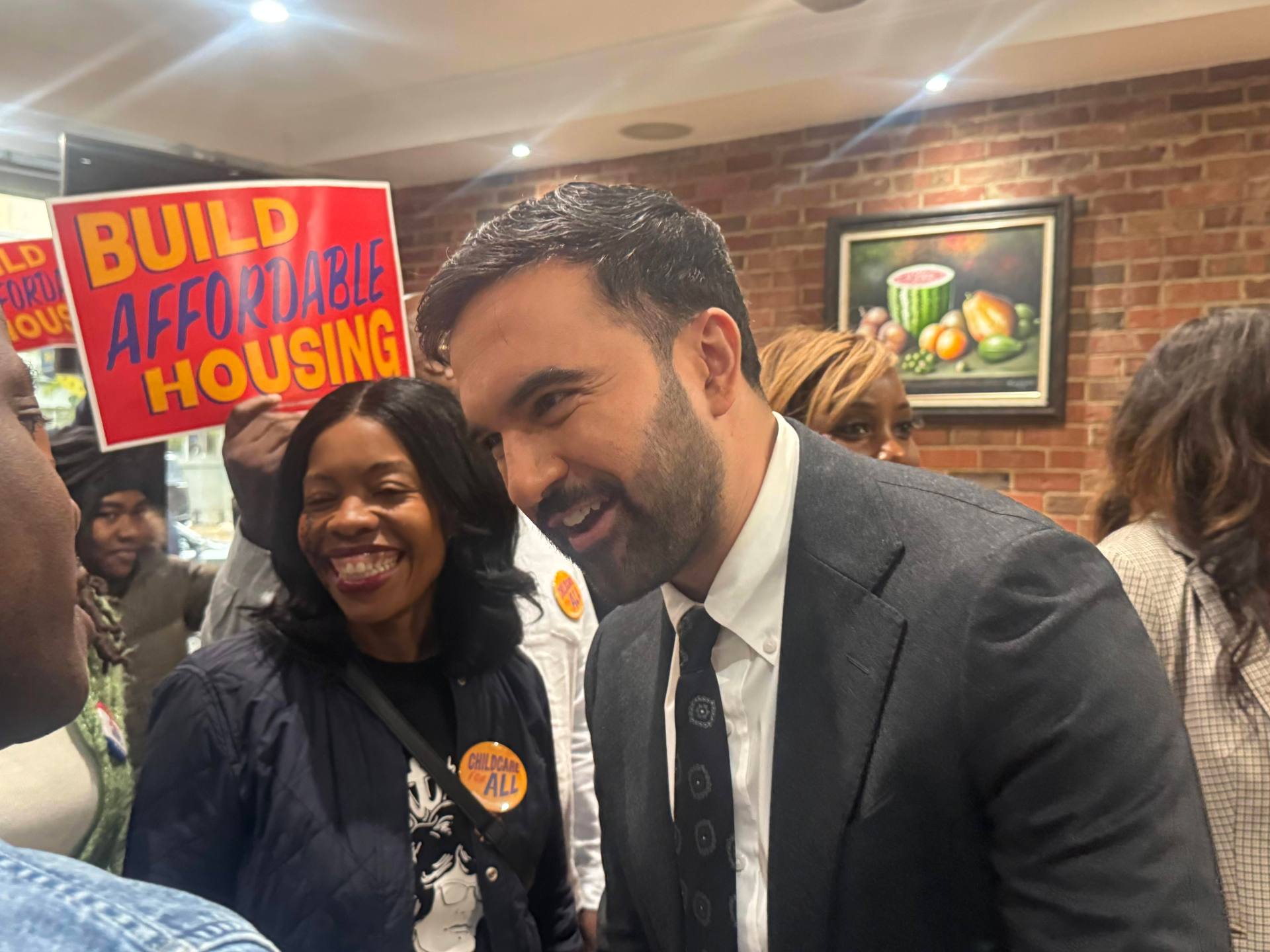
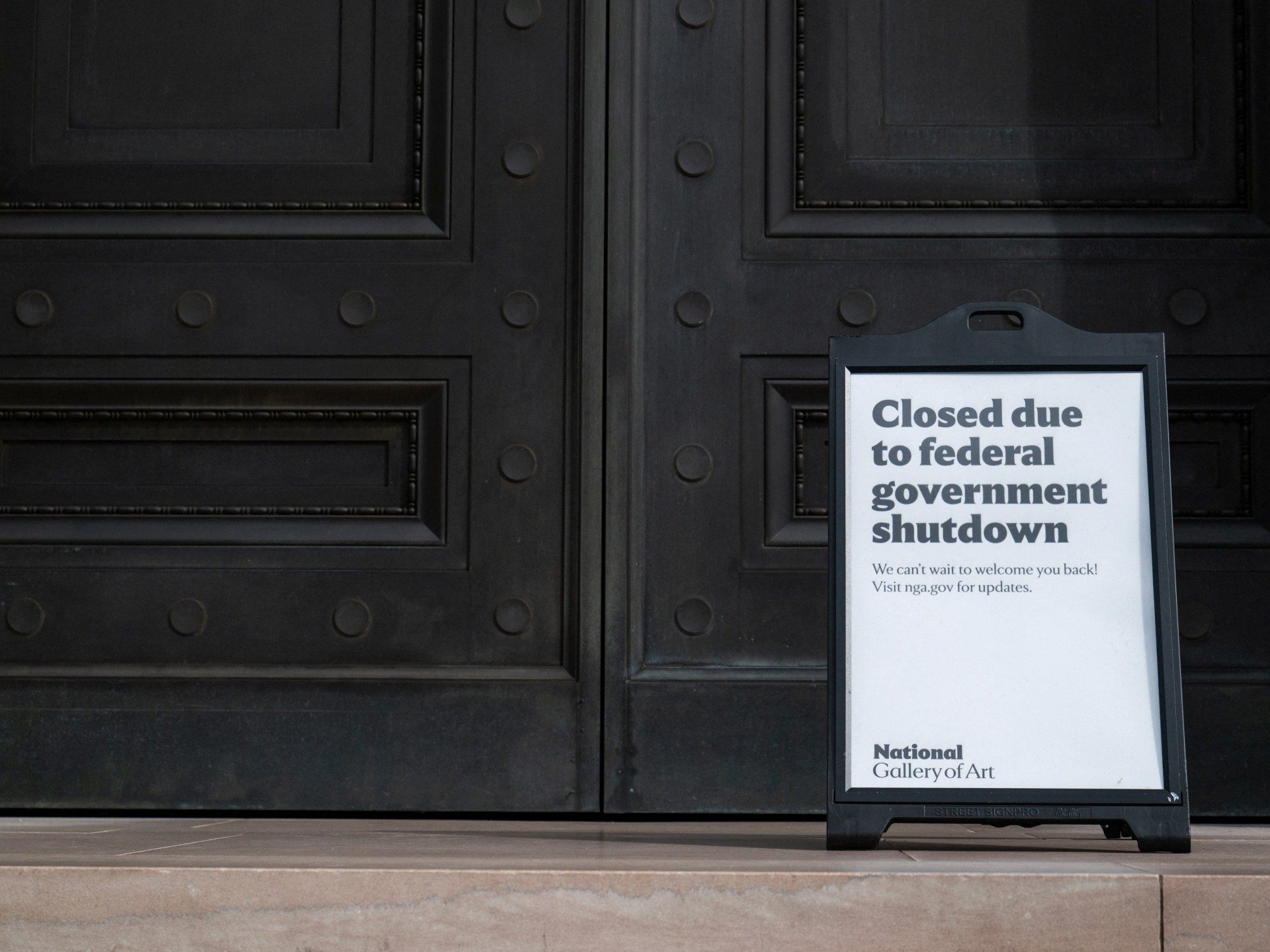
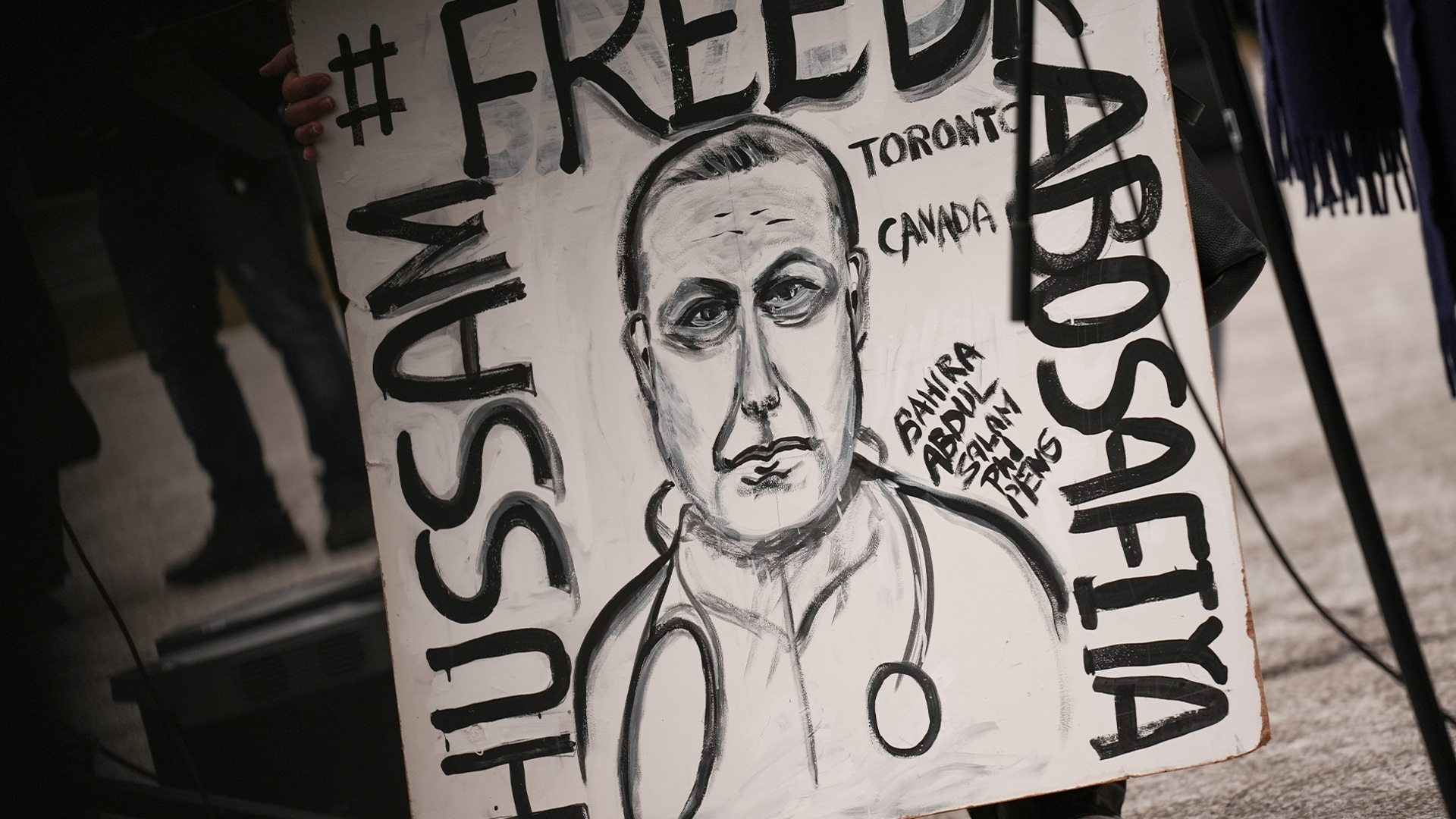





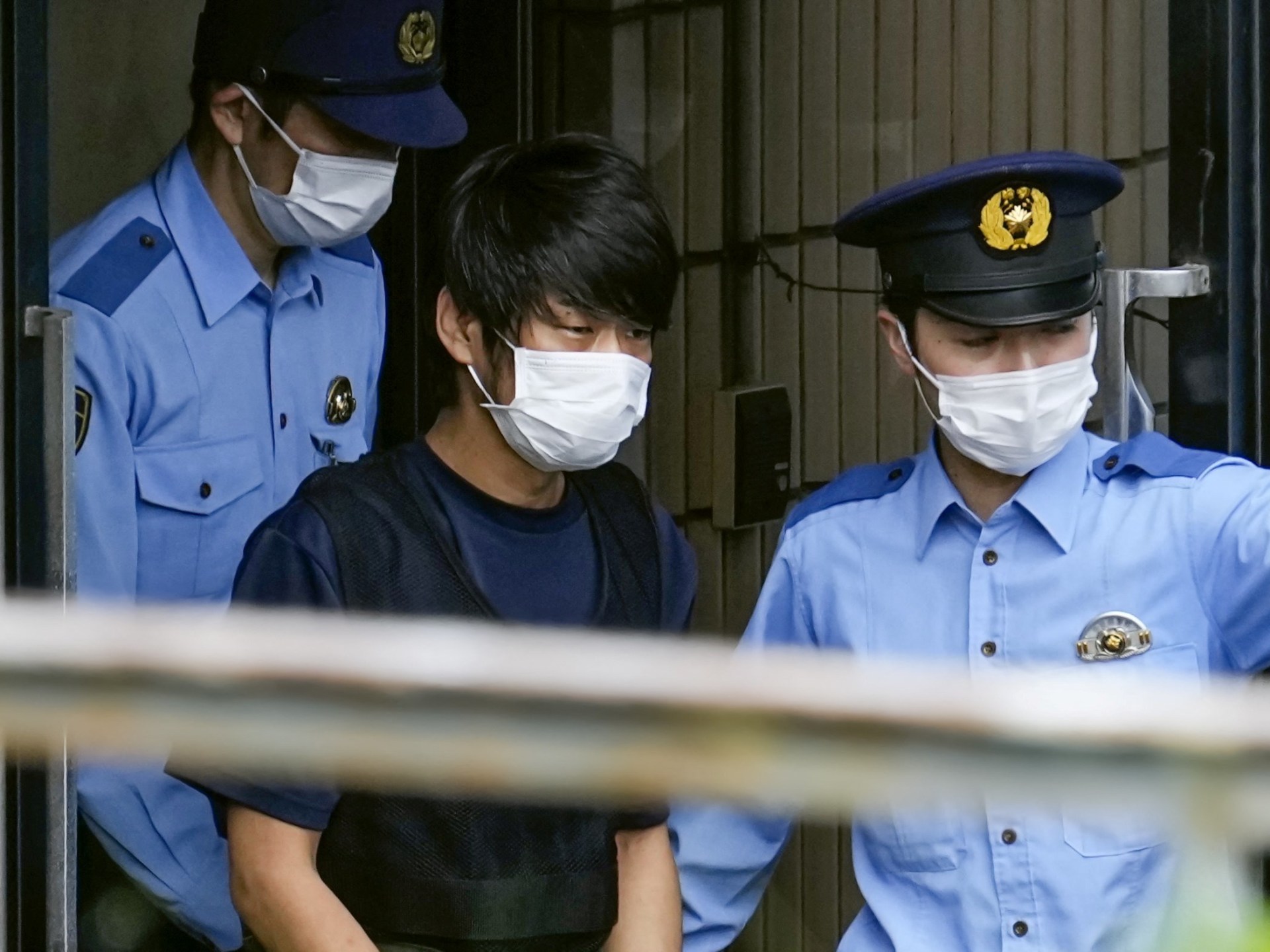



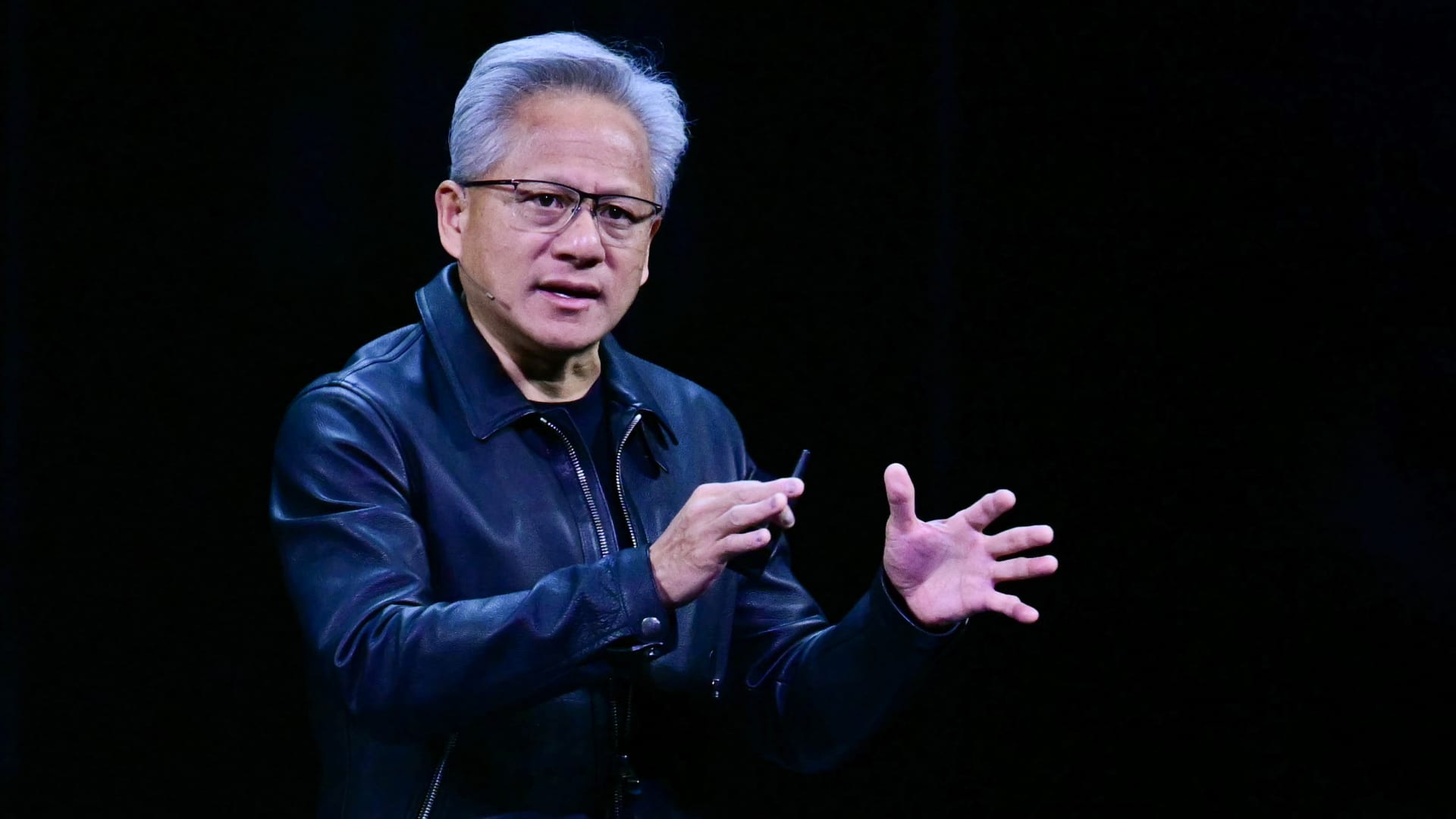

Leave a Reply